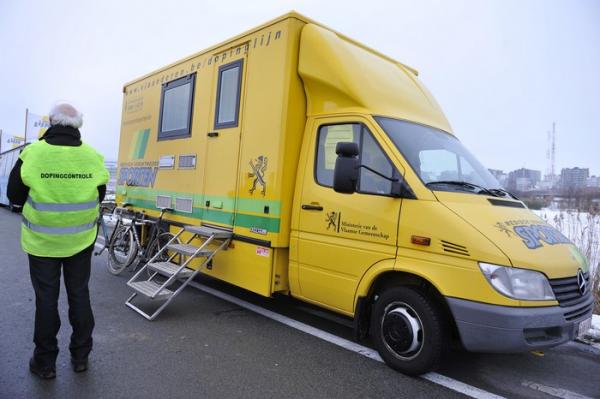Rossi sees more passport violation cases
UCI will focus on micro-dosing and steroids

The International Cycling Union's new anti-doping manager expects more doping cases under the biological passport programme but is convinced the system is improving and expects cases to be resolved much faster in the future.
“We will have new cases but I can’t say to you the timing. You never know when,” Francesca Rossi told the Associated Press. “We are continuously testing (riders) and involving our experts. When, statistically, the case is solid we can proceed.”
Rossi took over as head of the UCI's anti-doping section in February, taking the place of Anne Gripper. The UCI this week announced that doping charges should be opened against three riders: Franco Pellizotti, Tadej Valjavec and Jesus Rosendo Prado. “It’s the beginning of the story,” Rossi said. “I am sure that in time the procedure is improving and we are going to be faster when we have a case.”
Before joining the UCI, Rossi worked at the World Anti-Doping Agency accredited lab in Rome, where she helped develop steroid profiling, which will soon be introduced in cycling. “As usual, we will be the first to implement,” Rossi said, highlighting how cycling is at the forefront of the fight against doping.
The UCI also intends to crack down on “microdosing”, which involves an athlete taking smaller but regular amounts of banned drugs such as EPO. The smaller doses mean that the drug quickly clears from the body and so is far more difficult to detect. BMC rider Thomas Frei, who recently tested postive for EPO, said that he used the microdosing technique.
“You have to target the rider (for testing) as close as possible to the microdose,” Rossi said. “Everything is really like a chess play. You have to make provision for what is the next move you have to do.”
Get The Leadout Newsletter
The latest race content, interviews, features, reviews and expert buying guides, direct to your inbox!